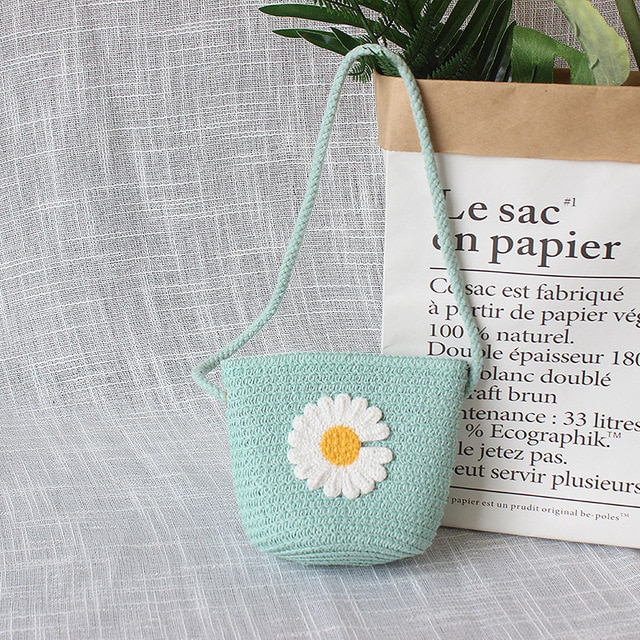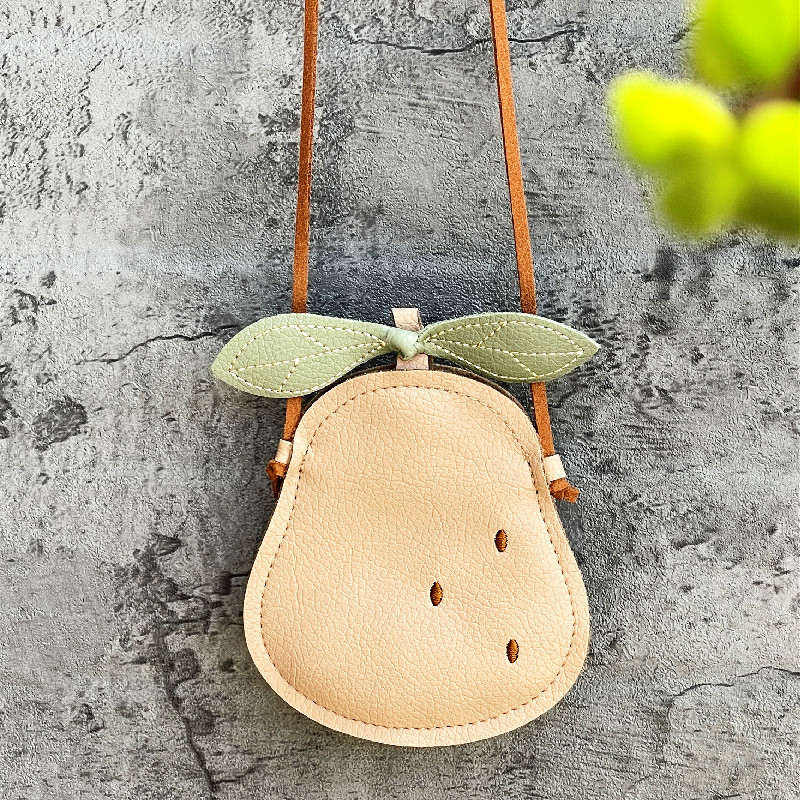In today’s world, sustainability has become an integral part of our daily lives. As we strive to protect the environment and create a better future for the next generation, it’s crucial to instill eco-friendly habits from an early age. One way to do this is by choosing eco-friendly kid bags. These bags not only serve as practical accessories for children but also promote sustainable practices and raise awareness about the importance of protecting the planet. In this blog, we will explore the significance of eco-friendly kid bags and provide insights into making sustainable choices for the next generation.
- The Impact of Conventional Kid Bags on the Environment: Traditional kid bags are often made from synthetic materials like nylon or polyester, which are derived from non-renewable resources and contribute to environmental degradation. The production process involves high energy consumption, excessive water usage, and the release of harmful chemicals. Additionally, these bags are not biodegradable and end up in landfills, further exacerbating the waste problem.
- Benefits of Eco-Friendly Kid Bags: a. Sustainable Materials: Eco-friendly kid bags are typically made from sustainable materials such as organic cotton, hemp, recycled polyester, or natural fibers like jute or bamboo. These materials are renewable, biodegradable, and have a significantly lower environmental impact compared to their synthetic counterparts. b. Reduced Carbon Footprint: Choosing eco-friendly kid bags helps reduce greenhouse gas emissions. The production of sustainable materials requires less energy and emits fewer carbon emissions, contributing to the fight against climate change. c. Durability and Longevity: Eco-friendly kid bags are often designed with durability in mind. They are made to withstand wear and tear, ensuring that they last longer and reduce the need for frequent replacements. d. Healthier for Children: Conventional kid bags may contain harmful chemicals such as phthalates and lead, which can be hazardous to children’s health. Eco-friendly bags are free from these toxins, providing a safer option for kids.
- Features to Look for in Eco-Friendly Kid Bags: a. Organic or Recycled Materials: Look for kid bags made from organic or recycled materials. These options minimize the use of virgin resources and reduce waste. b. Non-Toxic and Safe: Ensure that the bag is free from harmful substances such as PVC, BPA, or other chemicals that can pose health risks to children. c. Ethical Production: Choose brands that follow ethical production practices, including fair wages, safe working conditions, and responsible sourcing. d. Functional Design: Opt for kid bags with practical features like adjustable straps, multiple compartments, and sturdy closures to ensure functionality and convenience.
- Teaching Kids about Sustainability through Eco-Friendly Kid Bags: a. Education and Awareness: Use eco-friendly kid bags as an opportunity to educate children about the importance of sustainable practices. Teach them about the environmental impact of different materials and the benefits of making conscious choices. b. Involvement in the Selection Process: Involve children in the process of choosing their own eco-friendly bags. Discuss the materials, features, and how their decision contributes to a healthier planet. c. Setting an Example: Lead by example and show children how to embrace eco-friendly habits. Encourage them to reuse, recycle, and make sustainable choices in their daily lives.
- Brands and Options for Eco-Friendly Kid Bags: a. Organic Cotton Bags: Many brands offer kid bags made from organic cotton, which is grown without the use of synthetic pesticides or fertilizers. b. Recycled Plastic Bags: Some companies specialize in creating kid bags from recycled plastic bottles, reducing waste and giving a new purpose to discarded materials. c. Sustainable Material Blends: Look for kid bags that combine different sustainable materials like organic cotton and recycled polyester for enhanced durability and functionality.
By choosing eco-friendly kid bags, we can instill sustainable habits in the next generation and contribute to a healthier planet. These bags not only minimize environmental impact but also teach children about responsible consumption and the importance of making conscious choices. Whether it’s opting for organic materials, supporting fair trade, or engaging in DIY projects, there are numerous options available to make sustainable choices for kid bags. Let’s embrace eco-friendly practices and pave the way for a greener future for our children. Together, we can create a positive impact and inspire the next generation to be stewards of the environment.



